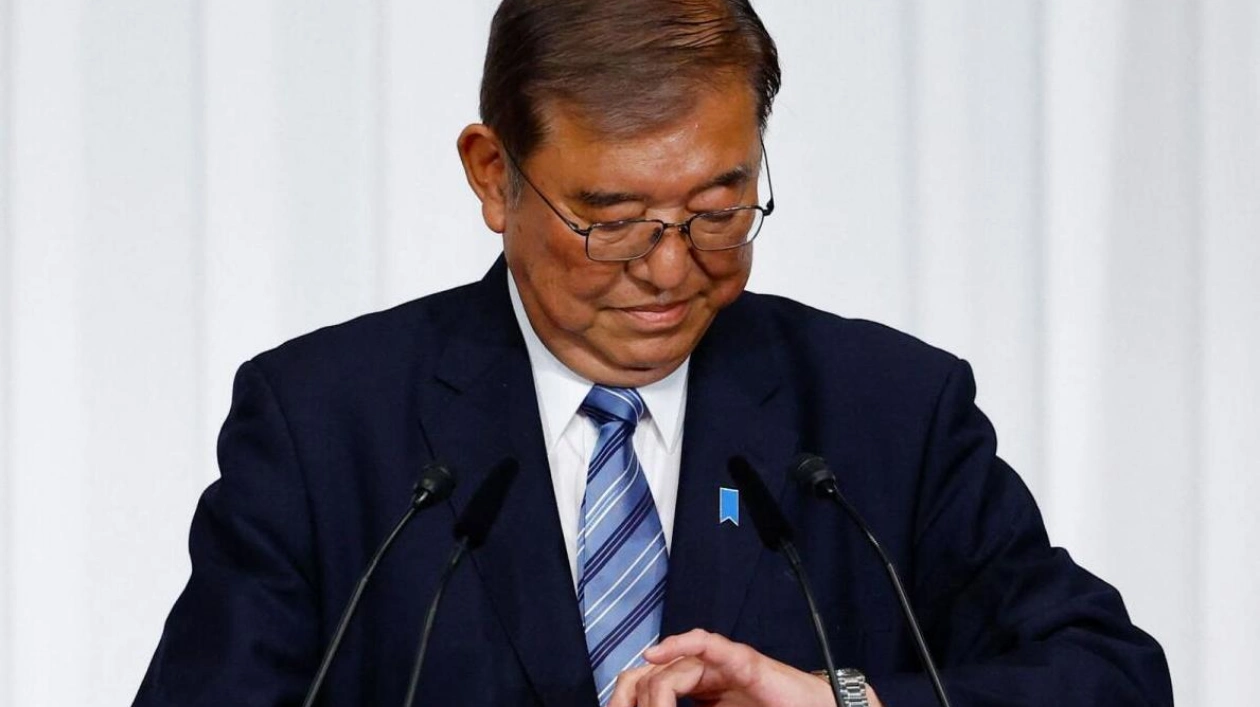Japan's embattled Prime Minister Shigeru Ishiba is reportedly considering collaboration with other political parties after his ruling Liberal Democratic Party (LDP) lost its majority in recent elections, according to local media. Official results revealed that Ishiba's LDP and its coalition partner, Komeito, experienced their worst electoral performance since 2009. A significant factor contributing to this outcome was public outrage over a party slush fund scandal that led to the downfall of former LDP leader Fumio Kishida.
Despite the setback, Ishiba announced on Monday that he would not resign and indicated he would lead a minority government, ruling out a broader coalition for the time being. However, media reports on Tuesday suggested that the LDP was in discussions with opposition parties to secure legislative support and maintain Ishiba's position as prime minister. The LDP, along with Komeito, secured 215 seats in the 465-member lower house of parliament.
A potential key player in these negotiations is the Democratic Party for the People (DPP), which holds 28 seats and could push the LDP-Komeito coalition over the 233-seat threshold required for a majority. The Yomiuri newspaper reported that Ishiba is considering forming a 'partial' coalition with the centrist DPP, which included energy bill subsidies in its manifesto. DPP leader Yuichiro Tamaki expressed openness to talks but emphasized that the nature of the discussions would be crucial.
Ishiba is also reportedly seeking DPP support for a parliamentary vote on his continued premiership, which could occur on November 11. Japan's parliament must convene by November 26, 30 days after the election. Meanwhile, Yoshihiko Noda, leader of the Constitutional Democratic Party (CDP), is also vying for the premiership, with his party's seat count rising from 96 to 148. However, analysts note that the fragmented opposition, comprising eight different parties, makes it unlikely for any single party to achieve a majority.
If no candidate secures the premiership in the first round of voting, a runoff will determine the winner, regardless of majority support. Ishiba, who assumed power on October 1, pledged to implement reforms to address public distrust and anger stemming from the party scandal. Japanese businesses are increasingly concerned about potential parliamentary gridlock delaying crucial reforms aimed at revitalizing the economy. The political uncertainty has already impacted financial markets, with the yen reaching a three-month low amid fears of slower interest rate hikes by the Bank of Japan.
The chairman of the Japan Business Federation called on political parties to prioritize economic growth policies. Meanwhile, the reduced political influence of the LDP following the election has raised concerns about investor confidence in Japan's political and economic future. As one restaurant worker put it, 'As long as our lives don't improve, I think everyone has given up on the idea that we can expect anything from politicians.'
Source link: https://www.khaleejtimes.com






